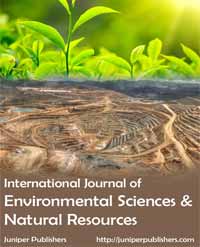Systemic Risks: Intersections between Science and Society with Policy Implications for Sustainability
Abstract
The notion of systemic risks denominates the danger of destruction of a whole system by the mechanisms of nonlinear interactions between its agents in combination with circular causality between the system´s elementary dynamic processes and the macroscopic structures generated by them. An extensive body of empirical evidence demonstrates a fundamental homomorphism among systemic risks in all domains, from the systems of nature over those of technology up to society. This homomorphism, based on complexity science, allows to formulate cornerstones of a scientific theory resulting in several governance strategies, associated with policy implications, be it to protect ecosystems, technical infrastructure or, last not least, avoid undesired transformation processes in societies. The approach is exemplified here for the systemic risks associated with modern migration phenomena that has direct impact on sustainable development.
Read More about this Article: https://juniperpublishers.com/ijesnr/IJESNR.MS.ID.556107.php
Read More Juniper Publishers Google Scholar: https://scholar.google.com/citations?view_op=view_citation&hl=en&user=4WXzQFMAAAAJ&citation_for_view=4WXzQFMAAAAJ:bnK-pcrLprsC



Comments
Post a Comment